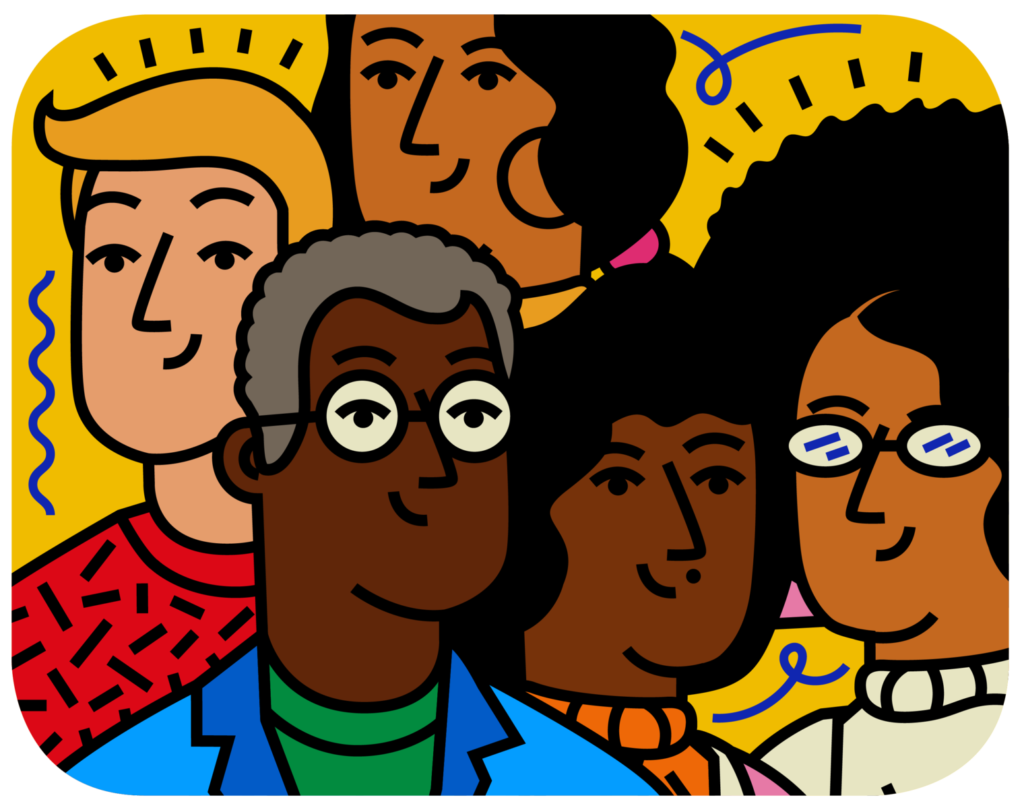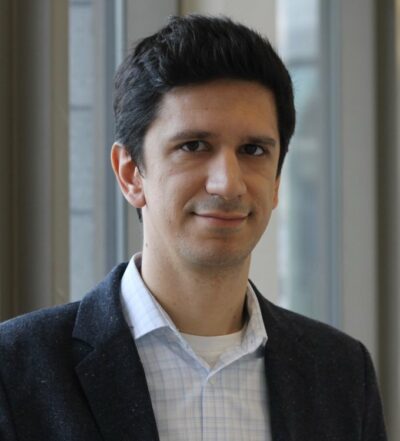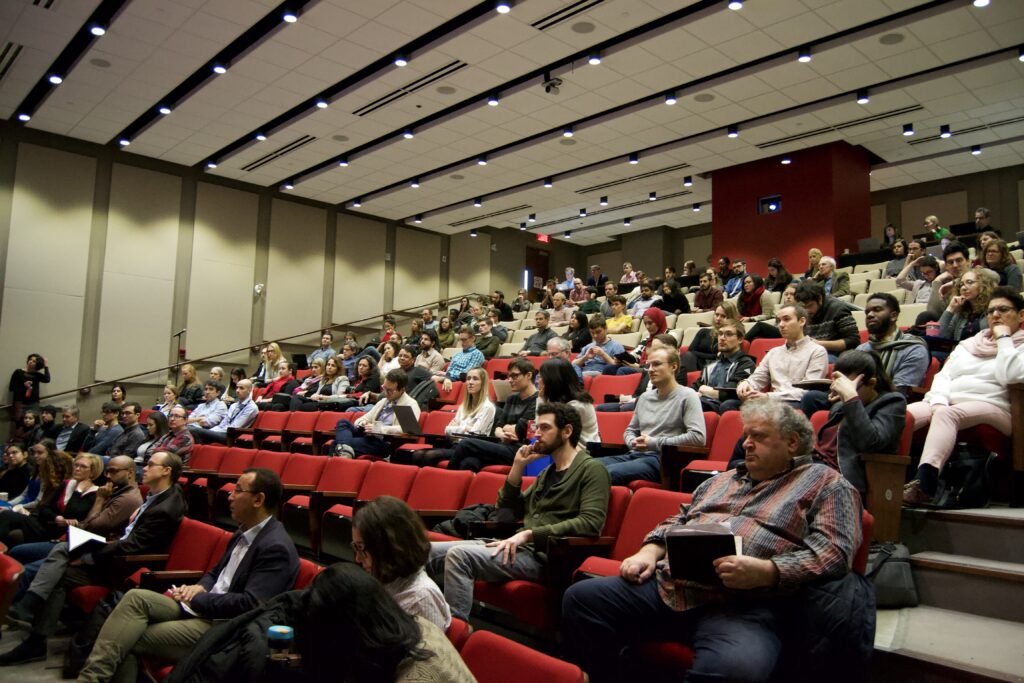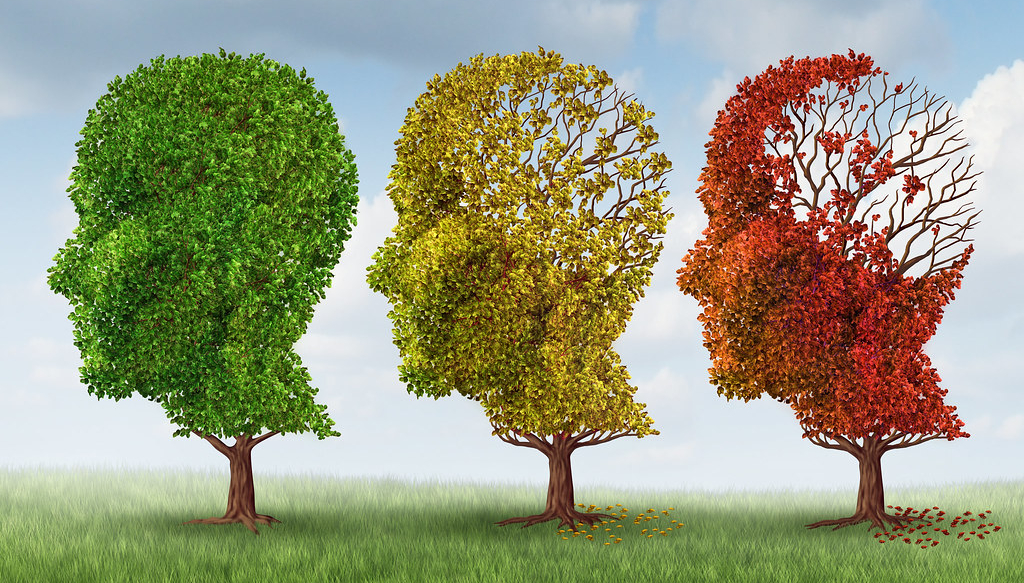Soutenir les femmes dans le milieu universitaire grâce au Women’s Neuronetwork (WNN)
[Cet article est en anglais] Most academics have at some point in their lives been asked by a well-meaning friend or relative when they will get a “real job”. While the natural response is to defensively explain that completing a PhD or a postdoc is in fact a real job, the question itself is not completely out of line. While for many career paths, people enter the job market directly after an undergraduate degree or an apprenticeship, research training takes many more years – up to ten years from the start of a PhD program to landing a permanent position (with no guarantees!).







